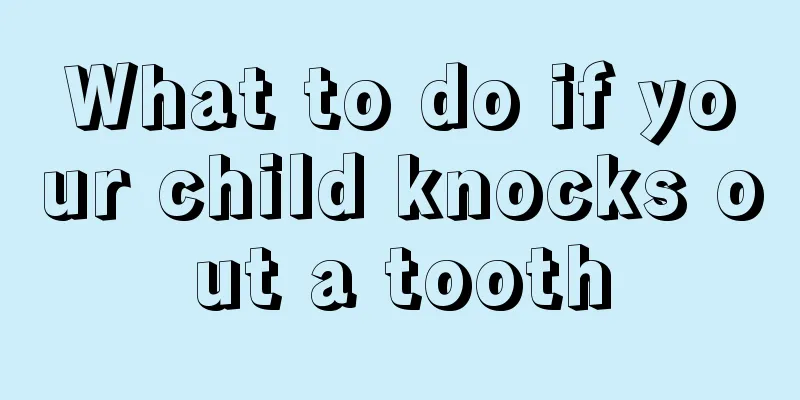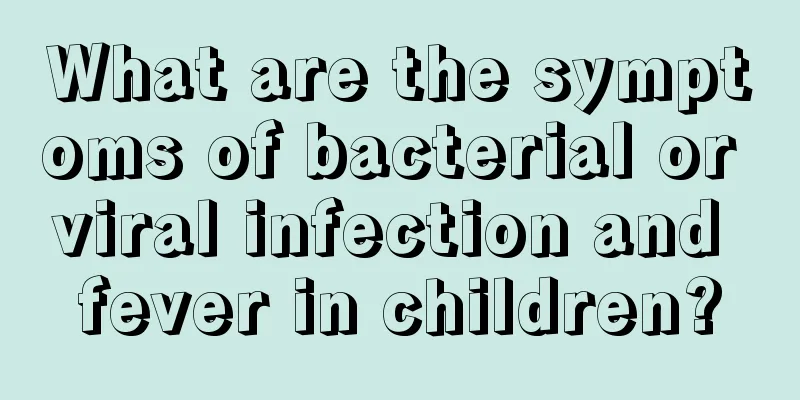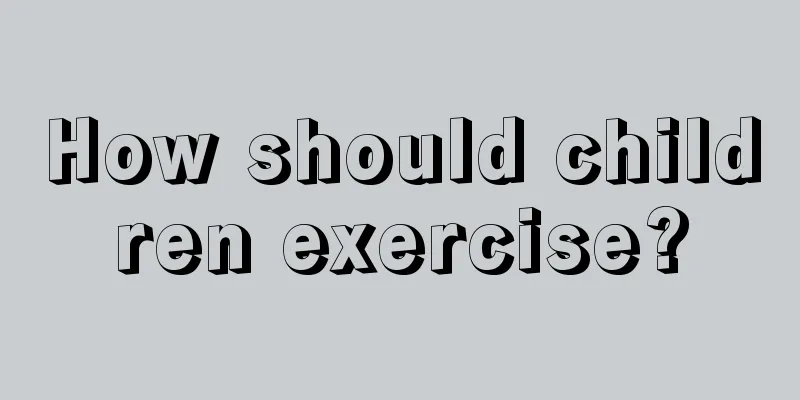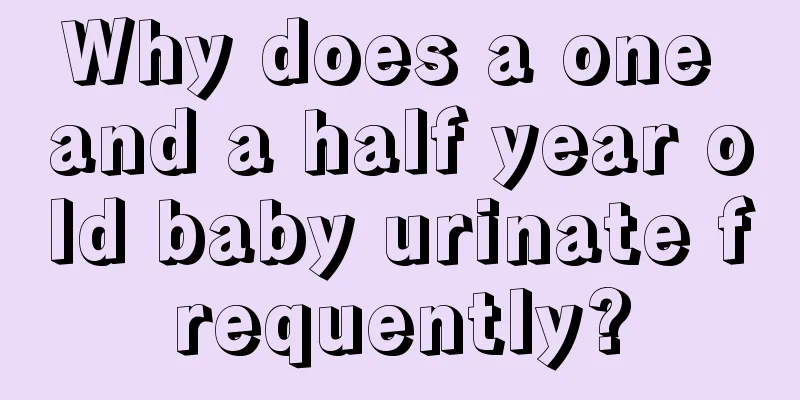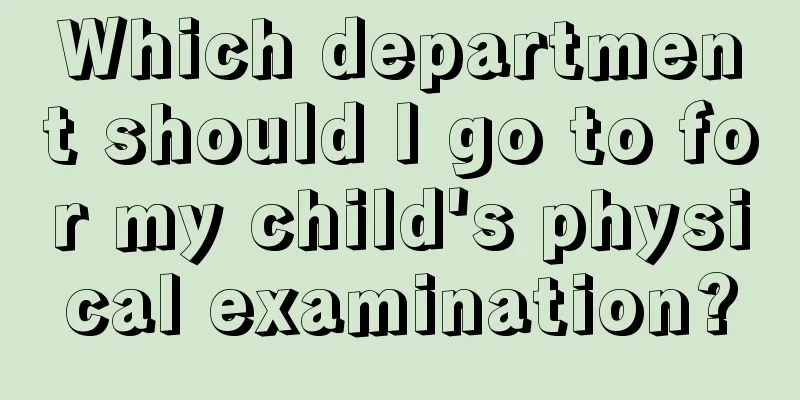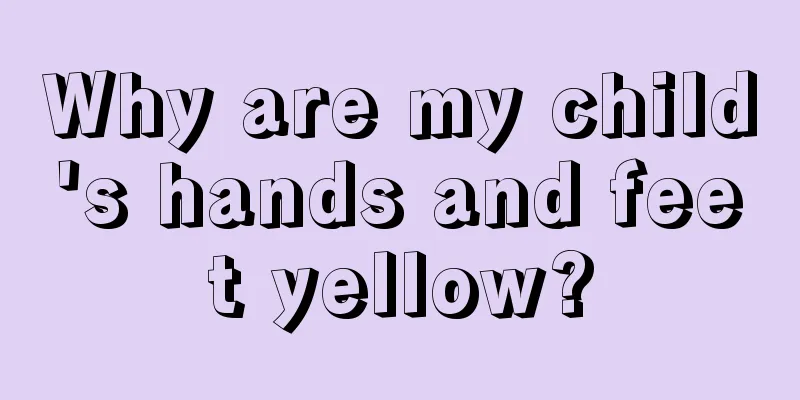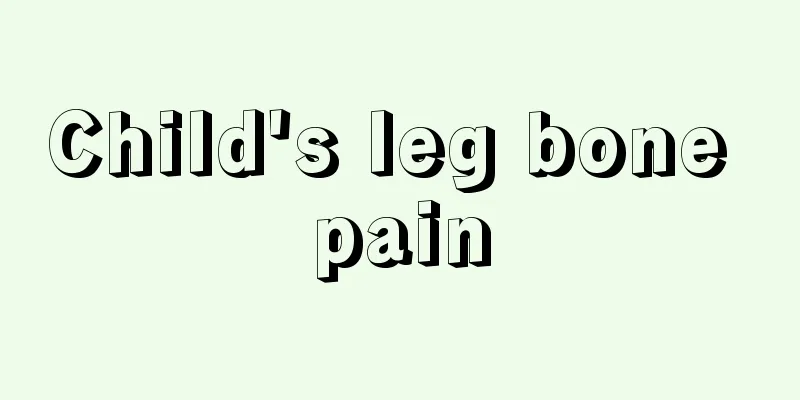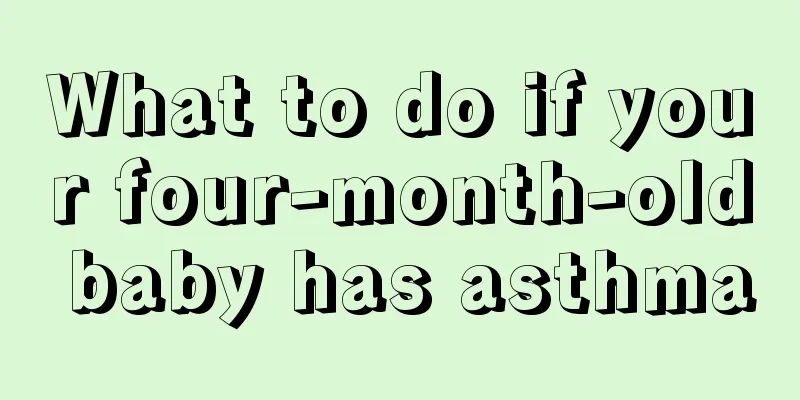Do caries in deciduous teeth need to be filled?

|
Some parents often have this perception that their children's baby teeth will fall out sooner or later and they will be replaced by permanent teeth. Therefore, when cavities appear in deciduous teeth, there is no need to treat it. Children are also afraid, so they will never consider filling their teeth. Only when there is a problem with the child's permanent teeth will it be taken seriously. So, if there is a problem with the child's deciduous teeth, what serious consequences will there be if it is not treated? If there are cavities in deciduous teeth, you should go to the hospital for treatment actively, and the sooner the better. Otherwise, the tooth cavity will grow from small to large and from shallow to deep, and then invade the dental pulp (dental nerve), causing the child to have toothache and be unable to eat, which will directly affect the child's overall development. Sometimes a child’s teeth are so damaged that they cannot be treated, such as when only the tooth roots are left and they become repeatedly red, swollen and inflamed. In this case, the only option is to extract the damaged teeth. Due to the premature loss of deciduous teeth, the corresponding permanent teeth lack the necessary stimulation, which directly affects the normal development of permanent teeth. After caries occur in deciduous teeth, the lesions can further develop and cause pulpitis, apical periodontitis, etc., causing severe toothache. Inflammation of the tissues around the root apex of the teeth can also affect the normal absorption of the roots of deciduous teeth, prevent the normal replacement of teeth, and even affect the normal development and eruption of the corresponding permanent teeth, manifesting as abnormal conditions such as retained deciduous teeth, early loss of deciduous teeth, delayed eruption of permanent teeth, early eruption of permanent teeth, and misplaced eruption of permanent teeth. Caries of deciduous teeth can cause premature loss of deciduous teeth. At this time, its adjacent teeth will tilt and shift toward the gap of the missing teeth. At the same time, it can also cause the opposing teeth to shift and droop or grow upward, thus causing bite disorder. The permanent teeth erupt misaligned due to insufficient position, which eventually leads to the misalignment of the permanent teeth. In addition, if a child has a hole in his tooth, he will not use the teeth on that side to eat, but only use the teeth on the opposite side to chew food. Over time, this will affect the child's jaw development and even the appearance of his face. Therefore, tooth decay in deciduous teeth also needs treatment. From this we can see that if there is a problem with the deciduous teeth, you should also pay attention to seeing a dentist in time, and the teeth that need to be filled must be filled in time. Because if the problems with the deciduous teeth are not treated, even if the permanent teeth grow out in the future, they will be crooked, unhealthy, etc. In addition, if the child chews food with one side of the teeth for a long time, it will also affect the child's facial beauty. |
<<: What should I do if my child has phlegm in his throat?
>>: Can stimulating the pituitary gland make you taller?
Recommend
Can adults drink baby formula?
Many pregnant women will stock up on some things ...
Dietary principles to be followed by polio patients
There are several diseases that children are pron...
Parenting knowledge for children aged 0 to 6 months
How to raise a newborn baby? This is a topic that...
What should we do if children are addicted to the Internet? Can they be treated with medication?
Nowadays, society is becoming more and more devel...
Can children eat Chinese toon?
Children are in an important stage of physical de...
Can children drink honeysuckle soaked water?
When it comes to honeysuckle, there are definitel...
The location and causes of headaches in children
When children have headaches, parents must pay at...
What to do if a two-year-old baby has a fever of 39 degrees
If a two-year-old baby has a fever of 39 degrees,...
What are the standards for children's mental health?
With the rapid development of society and the gra...
One-year-old baby has a runny nose due to a fever and cold
The body resistance of a one-year-old baby is ver...
What are the causes of nausea and vomiting in children?
If a child suffers from nausea and vomiting, pare...
What is causing children’s gray hair?
Speaking of white hair, many people will think of...
Recurrent fever in children with viral infection
No parents want their children to get sick, but s...
What to do if your newborn baby has red spots on his face
Because the skin on the face of a newborn is deli...
What should I do if my baby has a runny nose and sweats? These methods are very useful
When a baby has a runny nose, it is likely a symp...
